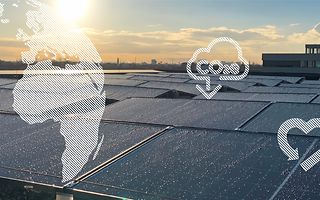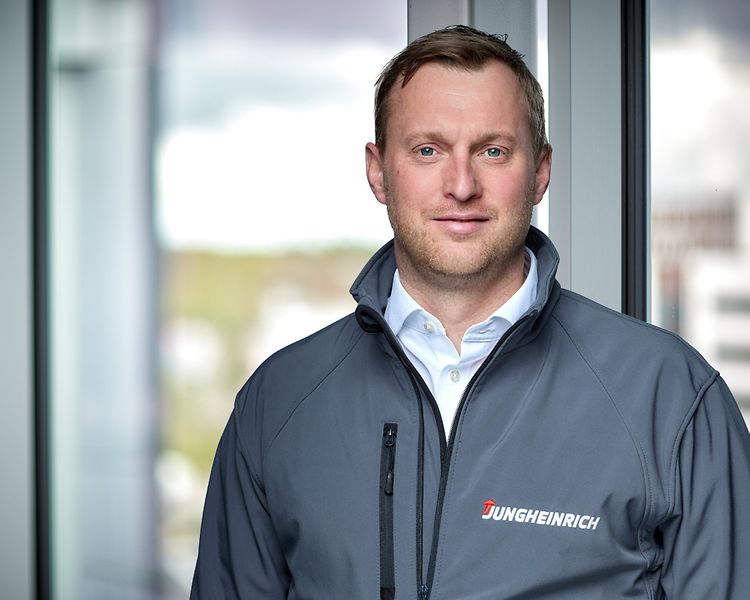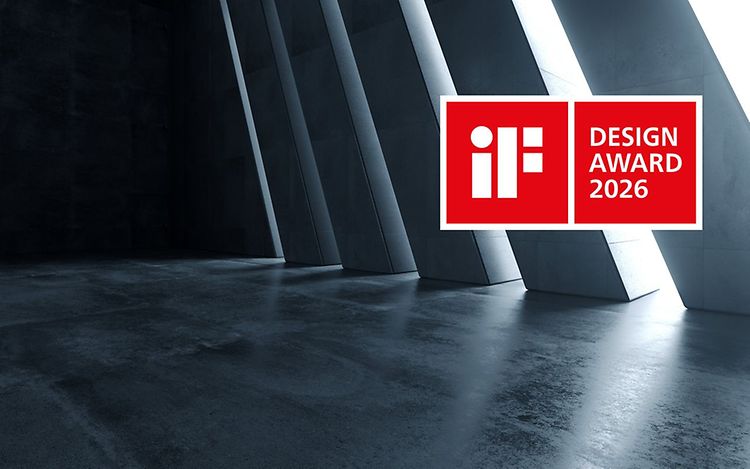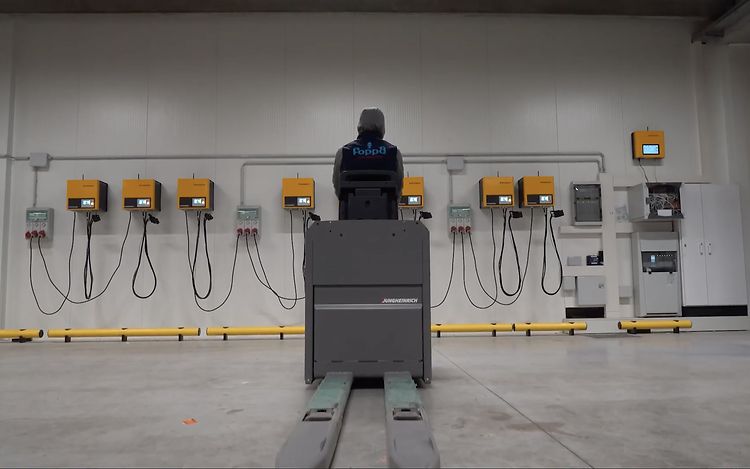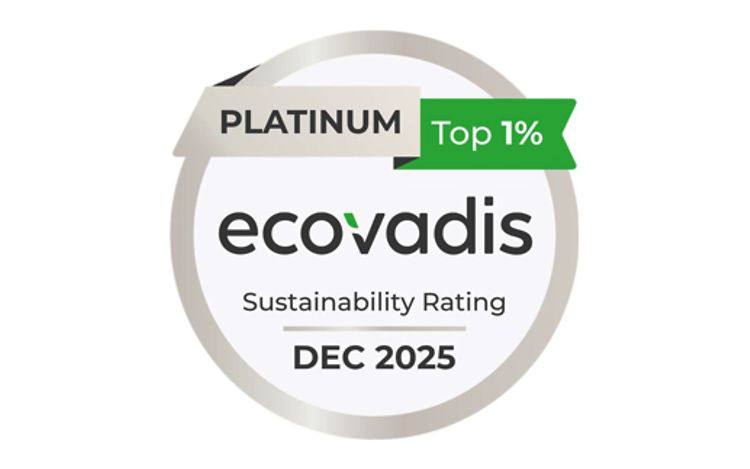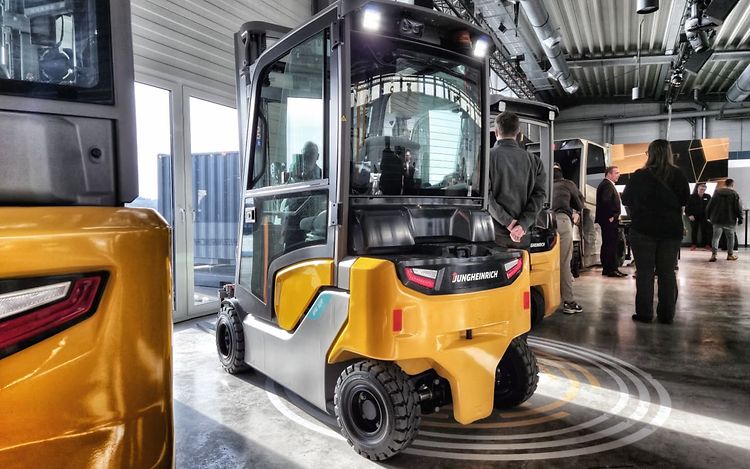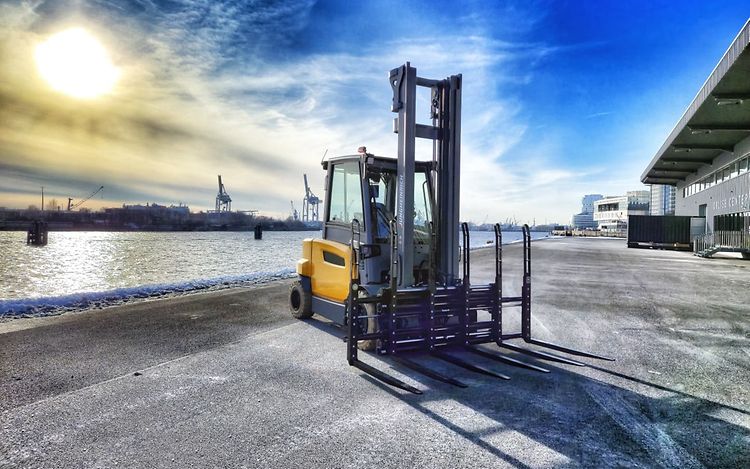Hamburg – Jungheinrich is significantly accelerating the electrification of its global after-sales service fleet. By 2030, over 3,500 service vehicles are set to be electric – equivalent to one in every two after-sales service vehicles in the Group’s fleet. The Hamburg-based material handling provider is pursuing the goal of achieving net-zero greenhouse gas emissions in its own business operations by 2030. The electrification of the service fleet is a key component in achieving this goal.
“The systematic electrification of our service fleet is not only pragmatic, but also an investment in a cleaner and better future,” says Mathias Lentfer, Vice President After Sales at Jungheinrich. “It enables us to reduce our carbon emissions and operating costs while making a measurable contribution to the transition in the transport sector. Compared to conventional after-sales service vehicles with combustion engines, electric models do not produce greenhouse gas emissions if they are charged using electricity from renewable sources. This means that every vehicle we convert is a symbol of our commitment to sustainability.”
2,000 electric vehicles over the next three years
Jungheinrich laid the foundations in 2022 with initial pilot projects in Norway, Hungary, and Finland. Since then, the Group has significantly picked up the pace: the global electrification rate is set to be five times higher by the end of 2025 than it was the previous year. Four countries will achieve a rate of over 30 per cent this year: Norway, the Netherlands, Switzerland and Ireland.
Switzerland is proving to be particularly ambitious: by 2026, three out of every four after-sales service vehicles in the country will be fully electric. Austria, Belgium, Finland, and Slovakia will follow in 2026, with an e-quota of one-third. In 2027, other countries will follow suit, including New Zealand, Sweden, Greece, Portugal, Latvia, and Lithuania. Germany, Denmark, and France are set to reach the 30 per cent mark in 2028. By this time, around 2,000 electric vehicles will already be on the roads in after-sales services across the Group.
Jungheinrich has developed practical, tailor-made solutions to address common challenges facing electric mobility, including limited range and an inadequate charging infrastructure. For example, various electric vehicle models were extensively tested under real-world conditions to define a portfolio of specific models. In addition, the daily routes of service technicians are planned dynamically, ensuring that most of them have to travel less than 100 kilometres per day. In exceptional cases where time is of the essence and the distances involved are long, diesel-powered vehicles are currently still used. “The technology and charging infrastructure for electric vans is constantly evolving,” explains Lentfer. “We are confident that, with ongoing progress and the practical experience we have gained to date, we will achieve our goal of 50 per cent electrification by 2030.”
Jungheinrich currently employs over 6,300 after-sales service technicians in 42 countries worldwide, who service Jungheinrich vehicles, automated systems and warehouse equipment daily. This dense service network ensures immediate on-site support for Jungheinrich customers and forms the basis for maximum response time in the event of product disruptions. The aim is to ensure that vehicles and systems are ready for operation at any time.
Latest news
02/26/2026
Active Load Management
Italian food wholesaler Foppa is maximising the use of its own photovoltaic system through intelligent energy management.
Learn more
02/24/2026
Five times platinum in a row
Jungheinrich has been awarded the platinum medal, thus once again securing its position among the top 1 per cent of the world’s most sustainable companies.
Learn more
02/19/2026
Jungheinrich EFG 5
With the new EFG 5, Jungheinrich is launching the next generation of its electric counterbalance trucks in the 4.0 to 5.0 tonne load capacity range.
Learn more



